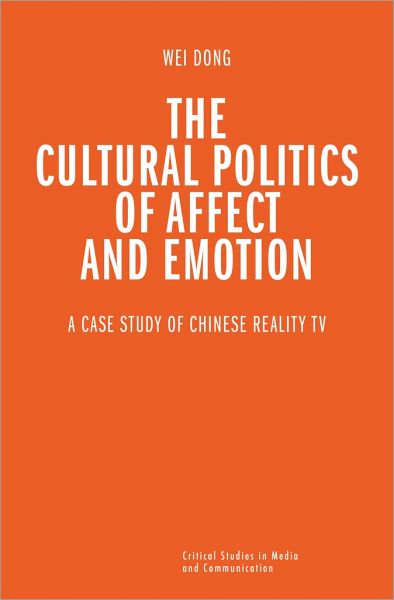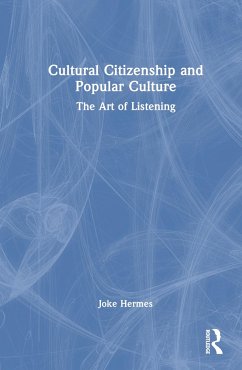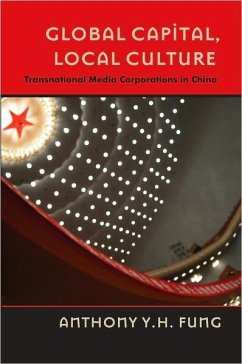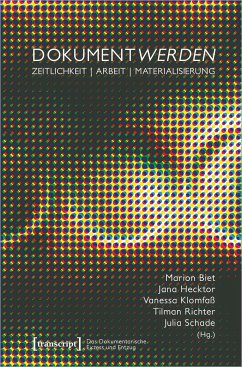
The Cultural Politics of Affect and Emotion
A Case Study of Chinese Reality TV
Versandkostenfrei!
Versandfertig in 2-4 Wochen
45,00 €
inkl. MwSt.
Weitere Ausgaben:

PAYBACK Punkte
0 °P sammeln!
Against the background of the media commercialization reform since the 1990s in China and drawing on the case of »X-Change« (2006-2019), Wei Dong investigates the affective meaning-making mechanism in the multimodal text of Chinese reality TV. The focus lies on the ways in which emotions are appropriated and disciplined by regimes of power and identity, and the ways in which affect - in this case primarily kuqing (bitter emotions) communicated by the material and the body - have the potential to challenge or exceed existing relations of power in the mediascape. Wei Dong shows how Chinese rea...
Against the background of the media commercialization reform since the 1990s in China and drawing on the case of »X-Change« (2006-2019), Wei Dong investigates the affective meaning-making mechanism in the multimodal text of Chinese reality TV. The focus lies on the ways in which emotions are appropriated and disciplined by regimes of power and identity, and the ways in which affect - in this case primarily kuqing (bitter emotions) communicated by the material and the body - have the potential to challenge or exceed existing relations of power in the mediascape. Wei Dong shows how Chinese reality TV provides a historical and theoretical opportunity for understanding the affective structures of contemporary China in the dynamic process of fracture and integration.
Dieser Artikel kann nur an eine deutsche Lieferadresse ausgeliefert werden.













